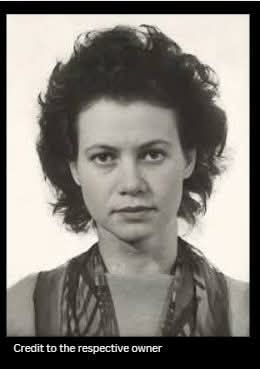In May 1944, a young woman named Phyllis Latour parachuted from a military plane into occupied France. She was just twenty-three, and her mission was one of remarkable courage—gather intelligence on Nazi positions to help prepare for the D-Day landings. As soon as she landed, she quickly buried her parachute and the clothes she had worn for the jump, transforming herself into a disguise that would carry her through the next four months: a poor French teenager.
Phyllis had been trained by the British Special Operations Executive, a secret wartime organization that demanded skill, toughness, and nerve. Her training was intense. She mastered Morse code, learned how to operate and repair radios, and conditioned her body to endure the harshest conditions in the Scottish Highlands. One of her instructors was even a former cat burglar who taught her how to scale walls and slip away unnoticed. For Phyllis, the work wasn’t just about duty—it was personal. Her godfather had been killed by the Nazis, and she was determined to strike back in any way she could.
The work was extremely dangerous. She later admitted that she knew the men sent before her had been captured and killed. But her youth and appearance gave her an advantage—she could pass for harmless, an innocent girl on a bicycle selling soap. That disguise allowed her to cycle through villages, chat casually with German soldiers, and pass vital messages to the British. She had to stay constantly on the move, often sleeping outdoors and foraging for food, never knowing who she could trust.
Her resourcefulness saved her life more than once. She kept her secret codes written on a piece of silk, hidden inside a simple hair tie. Each time she used a code, she pricked the fabric with a pin. When German soldiers briefly detained her and searched her belongings, she let her hair fall loose, casually handing them the hair tie. They found nothing suspicious, and she walked away unharmed. Over the summer of 1944, she sent 135 coded messages—guiding Allied bombers and helping to change the course of the war.
When peace returned, Phyllis left her dangerous past behind. She married, moved to New Zealand, and raised four children. For decades, she never spoke of her secret life, and her children only discovered the truth by accident when her oldest son found her story online. In 2014, on the 70th anniversary of D-Day, France honored her bravery with one of its highest awards, naming her Chevalier of the Legion of Honour. She lived a long life, passing away in 2023, leaving behind not just her family but a legacy of quiet, unshakable courage.
